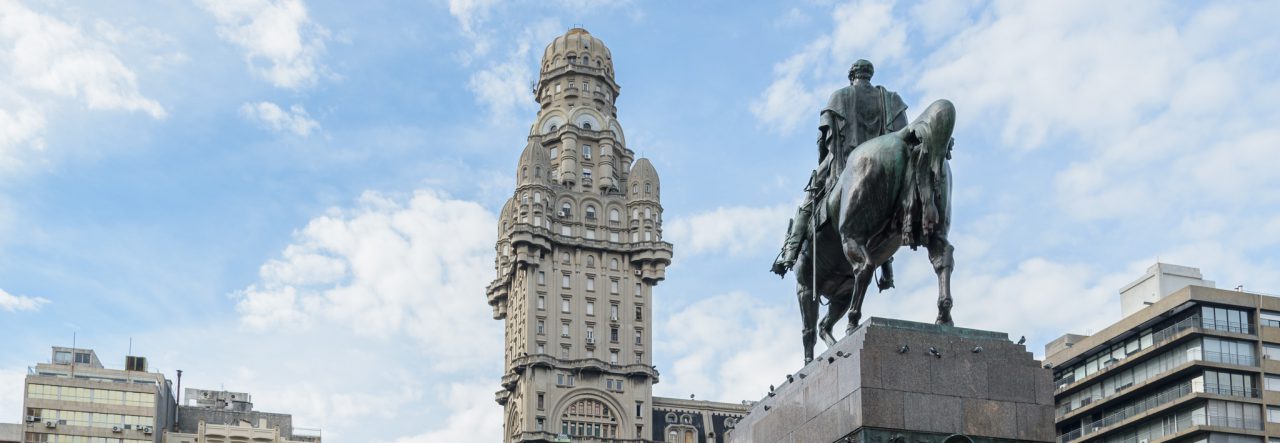After a tense week in Uruguay’s relations with Argentina over dredging the Martín García canal, the delegates of the Río Plate Administrative Commission meet Monday 7.30 to review the proposals from business interested in taking over maintenance of the canal.
Sources within the Uruguayan foreign ministry told La Diaria that Argentina’s unilateral decision to exclude Riovia from the tender exhausted the patience of the Uruguayan authorities, who understand that the Argentinians “are desperate” and they want “to wash their face”.
According to the Foreign Relations Ministry, Uruguay has always acted with “transparency and seriousness” and it was Argentina who asked for an audit and who claimed that they would make CARP’s minutes public, in which they discussed the alleged bribe, and then later did not release them because the same Argentinean government did not permit it.
“Now they are desperate to clean their faces and expunge guilt associated with Riovia”, reported the foreign ministry source.
It will be Monday at 2:00pm when both CARP delegations meet in Buenos Aires to open the bids from the four prequalified canal maintenance companies. The President of the Uruguayan delegation will also receive Riovia’s bid, although Argentina will not.
Days after the Argentinean foreign minister Hector Timerman sent a letter to his Uruguayan counterpart, Luis Almagro informing him that the Argentinean government had decided to revoke Riovia’s prequalification following the Uruguayan Court of Auditor’s investigation into alleged bribery by the firm.
Uruguay understands that arbitrarily excluding Riovia from the bidding could expose both countries to multi-million dollar lawsuits under treaties signed by both Uruguay and Argentina for the protection of investments.
Riovia has already announced that it is studying how to react to being excluded from the tender.
Although Argentina has proposed suspending Riovia from bidding today, they know the Uruguayan delegation will not permit it. Argentinean representatives will not review Riovia’s proposal but the Uruguayan delegation will in order to “cover themselves” in the case of an eventual law suit.
This Uruguay Business Reports news article is at translation of an article that appeared in the Uruguayan newspaper El Observador. The original article is available here. Uruguay Business Reports translation by Donovan Carberry.

 later, the Argentinean delegates in CARP put sticks in the wheel by requiring bureaucratic steps causing a new set of delays.
later, the Argentinean delegates in CARP put sticks in the wheel by requiring bureaucratic steps causing a new set of delays.